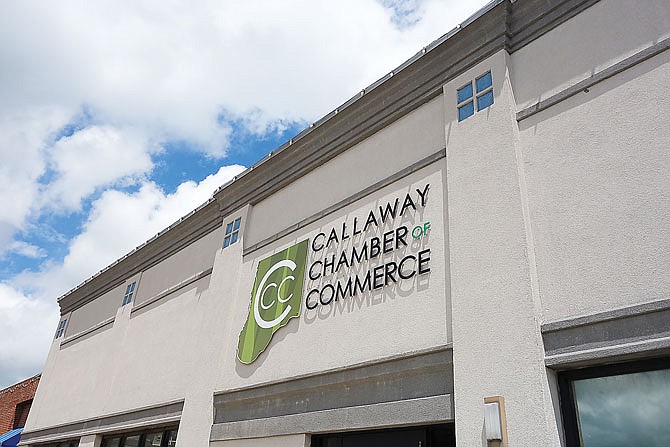The Callaway Chamber of Commerce set up a webinar Thursday for National Cybersecurity Awareness Month.
Better Business Bureau regional director Michelle Gleba gave the presentation, focusing on ways to protect electronic networks.
Unsecured networks could lead to hacking, theft, revenue loss and damaged intellectual property.
"These are things that could happen to anyone - it could happen to a consumer, a small business or a large business," Gleba said.
Many people have encountered scams before, such as emails or calls from people claiming to be a business or a bank and asking for personal or financial information.
"We want people to keep in mind that if you do happen to get a call out of the blue from someone who claims to be with the tech support company, that's more than likely a scam because legitimate companies aren't going to call you out of the blue and say something is wrong with your computer," Gleba said.
Gleba recommended monitoring credit card activity. If something suspicious comes up and you believe someone has gained access to a credit card, be sure to immediately report the fraud, request a new card and keep receipts so that you can prove purchases.
"When it comes to basic cyber security for computers, we encourage you to create these habits, if you haven't already, and that includes running antivirus programs and software updates on a regular basis, shutting down those computers when you're not using them, ensuring old computer hard drives are destroyed, being careful with external devices like your flash drive and never allowing remote access to your machine," Gleba said.
Gleba warned viewers against reusing passwords, as well as about the dangers of security questions that are too easy. For example, thanks to social media, it isn't too hard to find out someone's mother's maiden name.
"A lot of times we find that people play these quizzes on Facebook, on other social media websites, and they answer questions that basically give away the answers to many of these common security questions," Gleba said.
A good password is at least 12 characters with uppercase, lowercase, numbers and symbols.
Gleba said when online shopping, people should be sure to check a website's privacy policy, refund policy and return policy. If it doesn't have one, that's a red flag.
Another type of scam that is relatively new is Zoom-bombing, when hijackers show up uninvited on a Zoom call. More and more people have been using Zoom recently due to the pandemic.
Gleba said there are ways when setting up a Zoom meeting to include safety protocols that ensure others can't jump on to a meeting.
The Better Business Bureau has a scam tracker online that lists recent scams and allows people to report scams. It can be visited at https://www.bbb.org/scamtracker.

